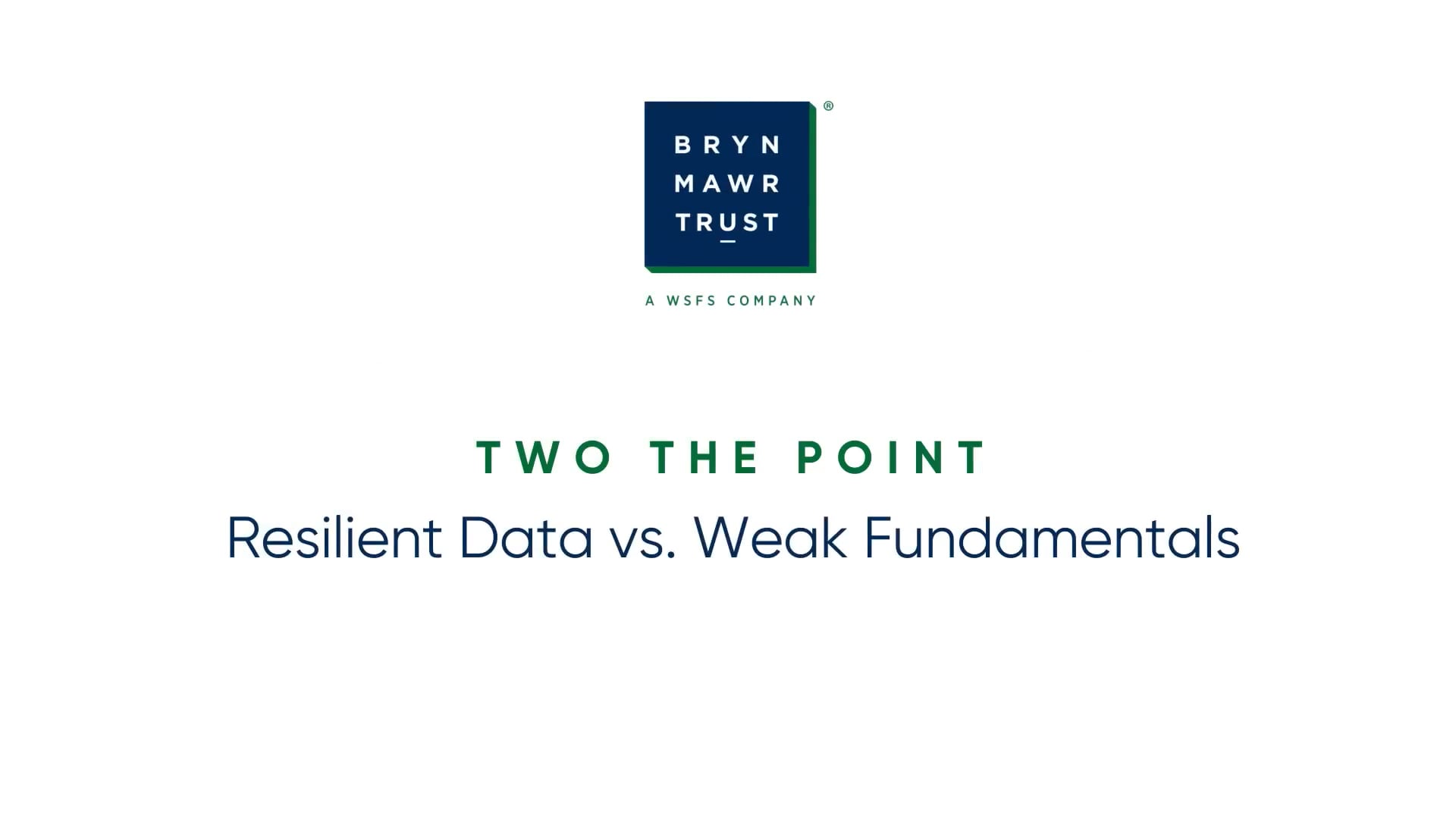Shaping Women’s Futures Through Strategic Planning and Empowerment

The complex landscape of life’s major events—career changes, marriage, childbirth, divorce, and the loss of a loved one—should prompt women to reevaluate and amend their wills, trusts, and overarching financial plans. These milestones are not merely checkpoints; they represent critical junctures where thoughtful, reimagined planning is paramount. This collective responsibility, often undertaken with partners and advisors, illuminates the evolving role of women in financial decision-making and emphasizes the necessity of education and proactive engagement.
How do women’s roles in financial planning evolve with age and life stages?
A recent Bryn Mawr Trust survey reveals a complex picture of women’s roles in financial planning, showing engagement at various levels. Fifty-six percent of women share retirement planning responsibilities, half are involved in trust and legacy planning, and 46% participate in tax planning. Notably, about 20% solely manage these financial aspects.
Age influences this dynamic, with younger women (40-49 years) more likely to share duties, while mature women (50-79 years) often take full control, suggesting a shift towards greater autonomy and confidence in financial planning with age. The divergence may reflect a growing confidence or necessity in taking control of financial planning as women navigate through different stages of their lives.
What are key life milestones that trigger the need for financial advice among women?
Life’s milestones influence financial planning, leading many women to seek expert advice and education. Critical moments—marriage, health crises, divorce, financing education, career shifts, childbirth, and real estate transactions—bring about change or uncertainty, making professional guidance invaluable for clarity and direction. Retirement planning is particularly critical, with 44% of women seeking advice for preparation or adjustment. Things women should consider when faced with these milestones:
- Marriage and Partnerships: Integrating financial and legal aspects, requiring updates to financial plans, asset ownership, and estate planning to ensure aligned interests and asset protection.
- Arrival of Children: Prompting considerations for guardianship and trusts to secure children’s futures and reflect family structure.
- Navigating Divorce: Necessitating revisions to estate plans to align with changed marital status and financial priorities.
- Death of a Partner: Highlighting the need for estate plan reviews and adjustments to address new realities and wishes, ensuring orderly affairs for family members.
These pivotal life events underscore the importance of adaptive financial planning for women. Seeking education and professional guidance during these transitions ensures not only the alignment of financial and estate plans with changing life circumstances but also the protection and well-being of loved ones. This approach enables women to navigate life’s uncertainties with confidence, securing their financial future and legacy.
Strategic planning and empowerment play pivotal roles in navigating women’s futures. As life unfolds, the importance of adaptative financial planning is underscored, enabling women to tackle life’s milestones with confidence. Through engagement, education, and professional guidance, women are empowered to shape their financial future, ensuring their well-being and that of their loved ones. This journey not only fortifies women’s financial autonomy but also fosters a future where their financial empowerment is a reality.
Survey Methodology
The survey was conducted by research company Opinium. The sample included 826 national female respondents ages 40+ with either a household income of $175K+ or investable assets of $1M+. The online survey was conducted from December 14-18, 2023, with a margin of error of +/- 3.4 percent.
© 2024 WSFS Bank.
WSFS Bank d/b/a Bryn Mawr Trust Member FDIC.
Bryn Mawr Trust is a division of WSFS Bank.
Bryn Mawr Capital Management, LLC. is an SEC registered investment adviser and a subsidiary of WSFS Financial Corporation. Registration as an investment adviser does not imply a certain level of skill or training.
WSFS Financial and its affiliates, subsidiaries and vendors do not provide legal, tax or accounting advice. Please consult your legal, tax or accounting advisors to determine how this information may apply to your own situation. This communication is for informational purposes only and should not be construed as legal, tax or financial advice or a recommendation any specific product, service, security or sector. Information has been collected from sources believed to be reliable but has not been verified for accuracy.
INVESTMENTS: NOT A DEPOSIT. NOT FDIC – INSURED. NOT INSURED BY ANY FEDERAL GOVERNMENT AGENCY. NOT GUARANTEED BY THE BANK. MAY GO DOWN IN VALUE.



